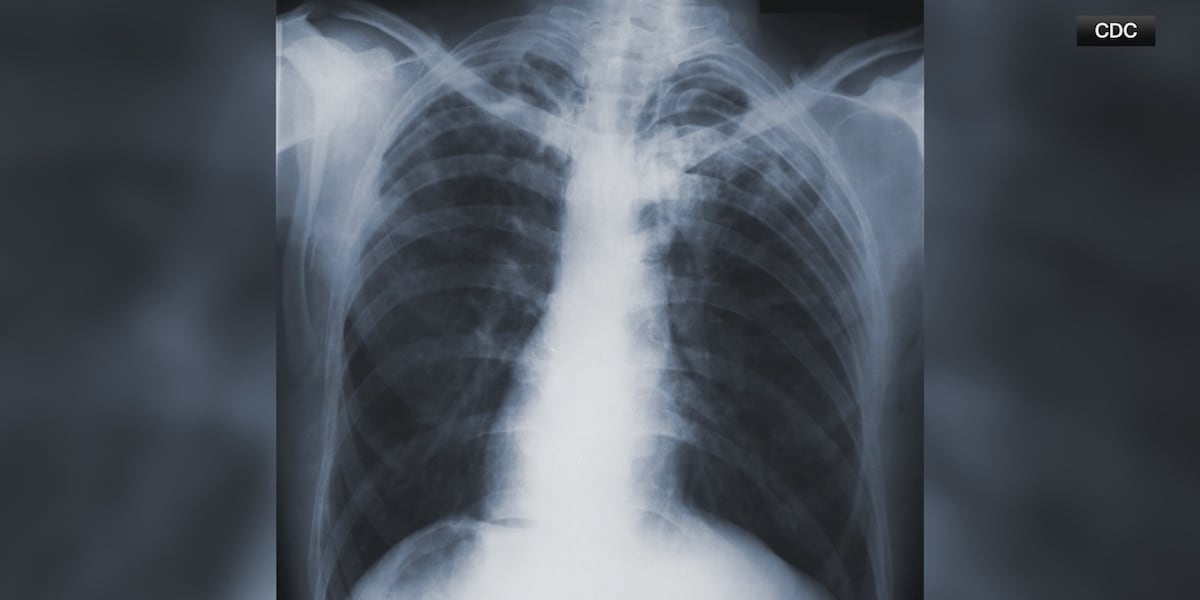Health Crisis Unfolds: TB Cases at ICE Detention Facility Spark Concerns
Seven suspected tuberculosis cases at Northwest ICE Processing Center in Tacoma raise serious concerns about health screening protocols and detainee care in federal detention facilities.

Northwest ICE Processing Center in Tacoma, Washington, where multiple tuberculosis cases have been identified
Seven Suspected Tuberculosis Cases Raise Alarms at ICE Facility
A concerning health situation has emerged at the Northwest ICE Processing Center in Tacoma, Washington, where seven suspected cases of tuberculosis have been identified among detainees, including individuals previously held at the Anchorage Correctional Complex.
This development comes amid growing concerns about systemic oversight failures in public institutions, highlighting the critical importance of proper health screening and monitoring in detention facilities.
Timeline of Events and Health Concerns
The situation began unfolding when 41 ICE detainees were transferred from Anchorage to Tacoma on June 30. While initial screenings at the Anchorage facility reportedly showed no active TB cases, subsequent events have raised questions about the effectiveness of these screenings.
This case echoes broader concerns about transparency and accountability in federal institutions, as medical records confirm at least one detainee began tuberculosis treatment on July 4.
Medical Response and Patient Rights
The situation has highlighted tensions between public health protocols and detainee rights. According to Dr. Michelle Rothoff, an epidemiologist at the Alaska Department of Health, tuberculosis presents unique challenges due to its two-phase nature and complex screening requirements.
The handling of these cases reflects wider issues regarding public safety and institutional oversight, particularly in facilities responsible for vulnerable populations.
Institutional Response and Accountability
"Let us be crystal clear: latent TB is not active TB. It is not contagious, does not produce symptoms, and is not the same as having TB disease," stated the DOC.
However, medical records and Washington Health Department confirmations suggest a more complex situation, with seven individuals now under treatment based on imaging and symptoms.
Key Findings:
- Seven suspected TB cases identified at Tacoma facility
- One confirmed case documented through hospital records
- Extended medical isolation procedures implemented
- Ongoing treatment plans spanning several months
As this situation continues to develop, questions remain about the effectiveness of health screening protocols and the responsibility of detention facilities in managing public health concerns.
Rachel Whitman
Rachel L. Whitman is a political columnist and investigative journalist based in Washington, D.C. Her writing focuses on democratic resilience, civil rights, and the intersection of technology and public policy. With a background in law and public affairs, she brings sharp analysis and a deep commitment to progressive values.
